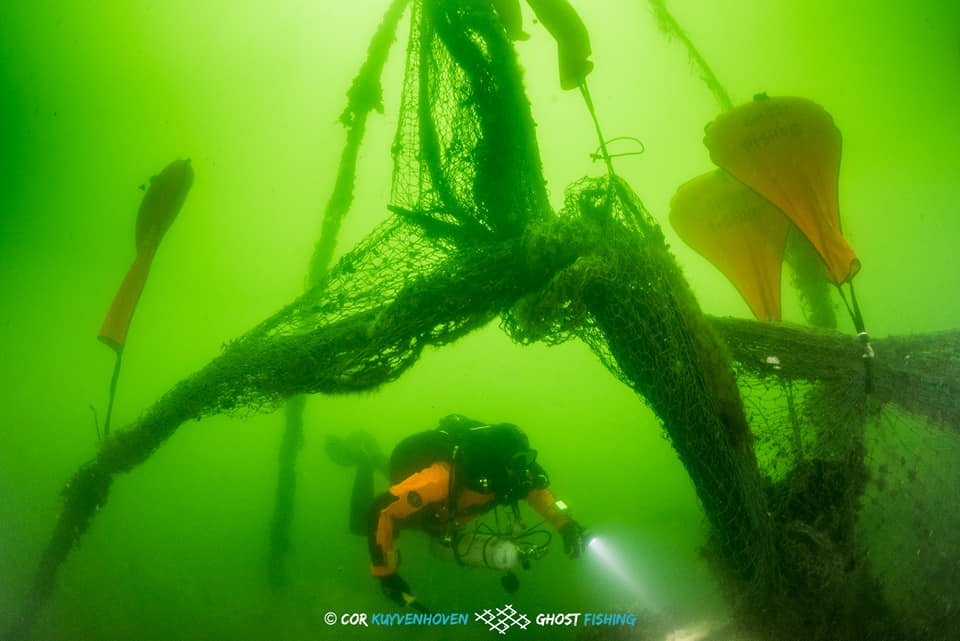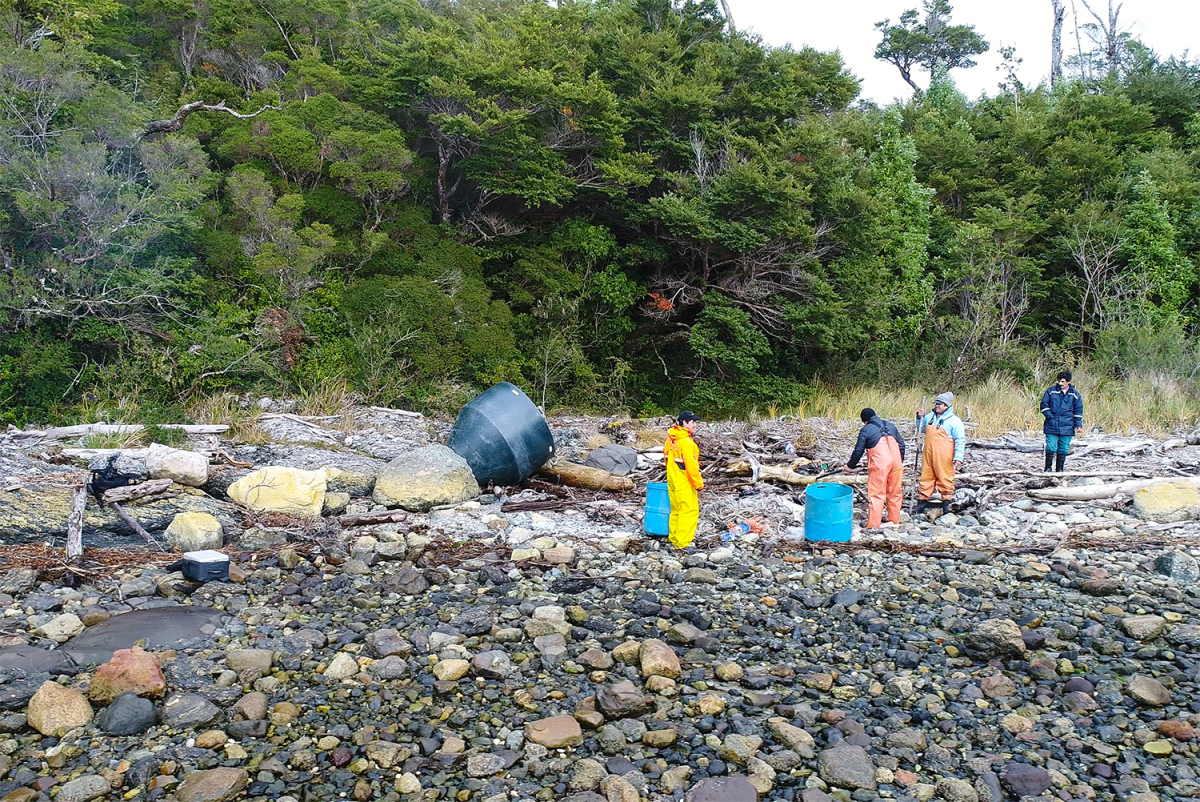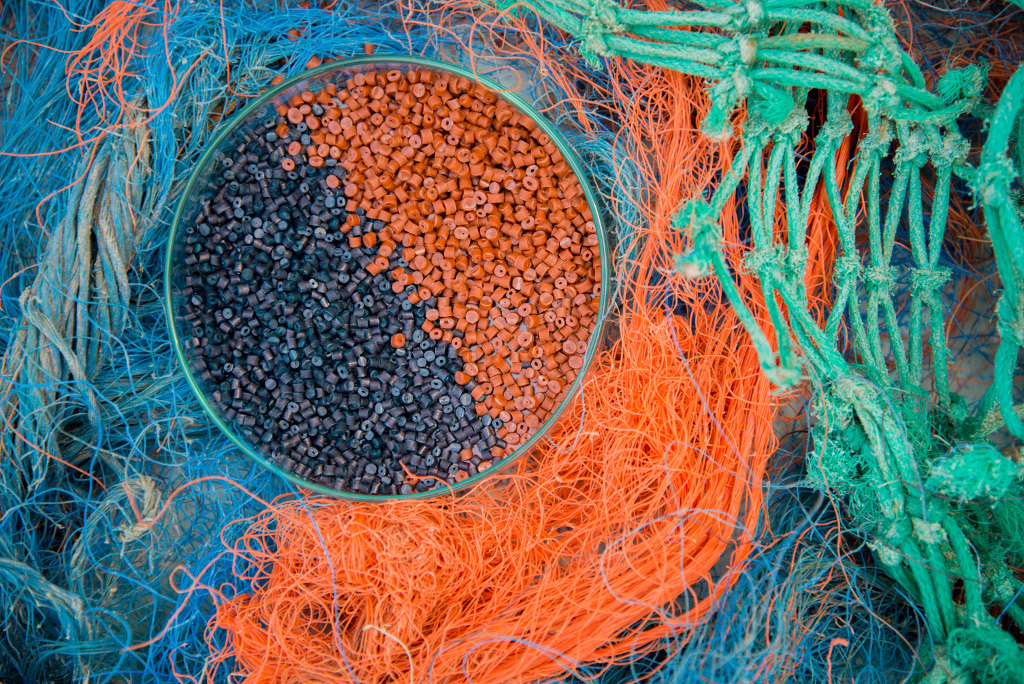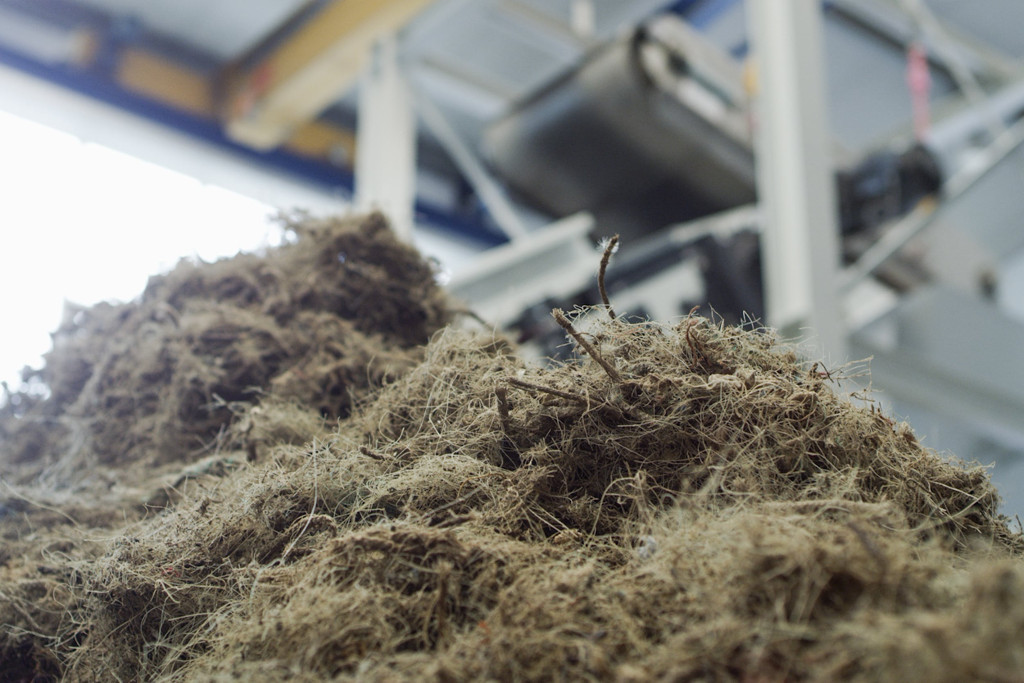DSM Engineering Materials partners with Samsung Electronics to develop first smartphone made with recycled ocean-bound fishing nets
25.02.2022DSM Engineering Materials announced it has supported Samsung Electronics to deliver the first smartphone device to be made with Akulon® RePurposed. This high-performance polymer is produced by DSM from repurposing discarded fishing nets collected from the Indian Ocean. The new Galaxy S22 series smartphones and Tab S8 series tablets mark an important milestone in the sustainability of smartphone devices, and underlines DSM’s commitment to enabling a circular economy through recycled-based innovation.
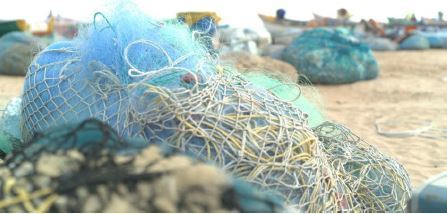
© DSM
Launched in 2018, Akulon® RePurposed is made by partnering with the local community along India’s coastline to collect and retrieve abandoned fishing nets. These are then processed into the exceptional polymer, containing a minimum 80 % recycled polyamide 6.
Working with Samsung Electronics, DSM tailored Akulon® RePurposed to meet the specific high-performance requirements of the new Galaxy S22 series and Galaxy Tab S8 series. As such, the material is incorporated into key components including the Galaxy S22 series’ key bracket and inner cover of the S Pen, as well as Tab S8 series’ inner support bracket. Thanks to its unique properties, Akulon® RePurposed offers an excellent balance and leading mechanical performance, and has already been applied to various industries, such as automotive, consumer goods, and electronic devices. To find out more, visit www.dsm.com/akulonrepurposed.
DSM has developed a wide range of engineering materials over the years to help its customers in support of a sustainable, low-carbon circular economy and has committed to making available bio- and/or recycled-based alternatives for its entire portfolio by 2030. These circular materials help to de-fossilize the economy and society, reduce plastic waste and carbon footprint, and meet changing legislative and end-consumer demands.
Pranveer Singh Rathore, Materials R&D Manager at Samsung Electronics, commented: “Through this open collaboration, which combined our technology with DSM’s expertise, we successfully developed a solution that bridges the needs of the planet and our Galaxy users. The Galaxy S22 series and Tab S8 series help advance Samsung’s sustainability vision, Galaxy for the Planet, which includes reducing our environmental footprint by incorporating recycled materials in all new mobile products by 2025. We’re excited about strengthening our partnership with DSM and continuing to positively impact Galaxy users and the environment as we expand our efforts to integrate repurposed ocean plastics across our entire product lineup in the years to come.”
Nileshkumar Kukalyekar, Business Director South Asia, DSM Engineering Materials, commented: “As the first player in the electronics industry to be making its smartphone with Akulon® RePurposed from discarded fishing nets, Samsung shares our ambition to develop sustainable recycled-based solutions that help consumers make more eco-conscious choices in their daily lives. Together, we will continue to deliver sustainable and scalable solutions that help to address the climate crisis. We hope Samsung’s move to recycled ocean-bound fishing nets will inspire many others to take similar steps to make our planet a better place.”

